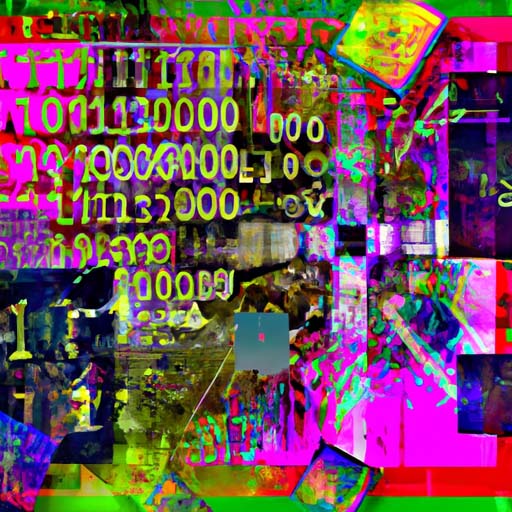Artificial Intelligence technology has been developed to identify counterfeit drugs, according to a report by Fox Business. The technology uses machine learning algorithms to analyze data from a variety of sources and identify patterns that indicate counterfeit products. This can help to protect consumers from potentially harmful substances and prevent the spread of counterfeit drugs.
The AI technology works by analyzing a range of data points, including the chemical makeup of the drug, packaging details, and information about the manufacturer. It then compares this data against known patterns and profiles of counterfeit drugs to determine if the product is genuine or not. The technology is able to detect even subtle differences that may not be immediately apparent to human inspectors.
One of the key benefits of this technology is its ability to quickly analyze large amounts of data in real-time. This allows for efficient screening of pharmaceutical products, reducing the time it takes to verify their authenticity. It can also help to identify and track the source of counterfeit drugs, allowing for targeted enforcement efforts.
The development of this AI technology is a significant step forward in the fight against counterfeit drugs. Counterfeiting is a major global issue, with the World Health Organization estimating that up to 10% of drugs sold worldwide are counterfeit. These counterfeit drugs are not only ineffective in treating medical conditions, but they can also be dangerous and potentially life-threatening.
In addition to its use in identifying counterfeit drugs, AI technology has also been applied to other areas of the pharmaceutical industry. For example, machine learning algorithms have been used to improve drug discovery and development processes. This technology can analyze vast amounts of data to identify potential drug candidates more quickly and accurately than traditional methods.
However, there are challenges and limitations to the use of AI technology in this context. For example, the technology relies on accurate and up-to-date data to make accurate assessments. If there are errors or gaps in the data, it could lead to false positives or false negatives. Additionally, AI technology is not foolproof and may not be able to detect new or sophisticated forms of counterfeiting.
Despite these challenges, the development of AI technology for identifying counterfeit drugs is a promising breakthrough. It has the potential to significantly improve the safety and effectiveness of pharmaceutical products, protecting consumers and saving lives. As technology continues to advance, it is likely that we will see further innovations in this area, leading to even more effective methods for combating counterfeit drugs.
